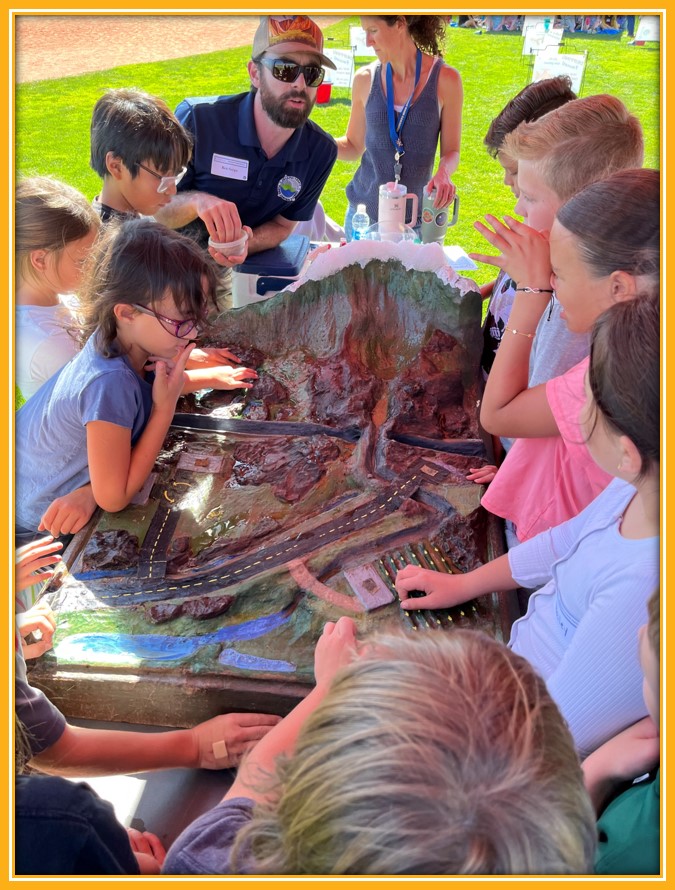The focus of the SW-IFL Resilient Solutions team activities are:
Discovery components
Indoor & outdoor environments
Travel behavior
Governance and plan integration
Discovery components
Indoor & outdoor environments
Travel behavior
Governance and plan integration
Advisory component to co-develop resilient solutions
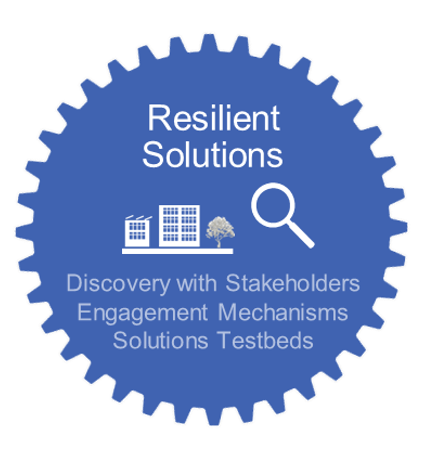
Current and Recent Activities
Testbeds
Several research activities are underway at selected testbed sites:
- Oracle Road Corridor, Tucson, Arizona
- Safe Outdoor Space (SOS) at Jackson St., Phoenix, Arizona
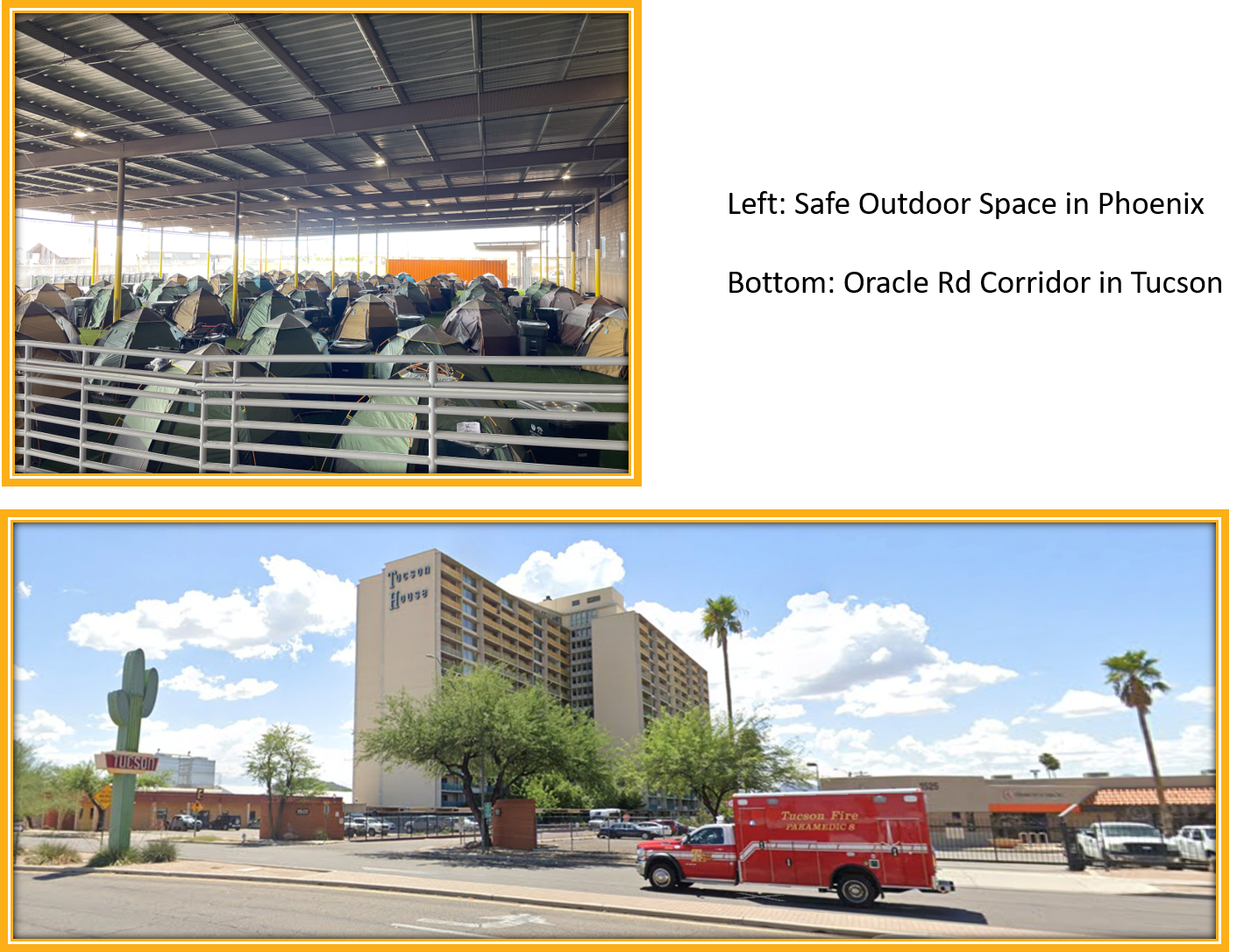
Mobility Discovery
The initial scope of Travel Behavior survey drafted. SW-IFL researchers met with interested research partners and stakeholders to discuss overlap with modeling and observations, and address partner and stakeholder questions.

Heat Resilience Plan Evaluation
- AI-based Plan Evaluation - Piloting AI-based evaluation approach to compare the performance, methodological, and ethical considerations of using Large Language Models (LLMs) for plan evaluation for heat resilience. This involves comparing LLM-based coding (e.g. ChatGPT4, Gemini, IBM Granite, and Llama) with human coding.
- Heat Action Plan Evaluation
- Coded 65 plans, including 34 scale plans, completed qualitative analysis of 34 city scale plans.
- Created Plan Quality Evaluation for Heat Resilience Guidebook which will allow planning practitioners and researchers to autonomously evaluate their own community plans for heat resilience.
- In process of collecting and evaluating plans for their scope of strategy on national heat-related issues.
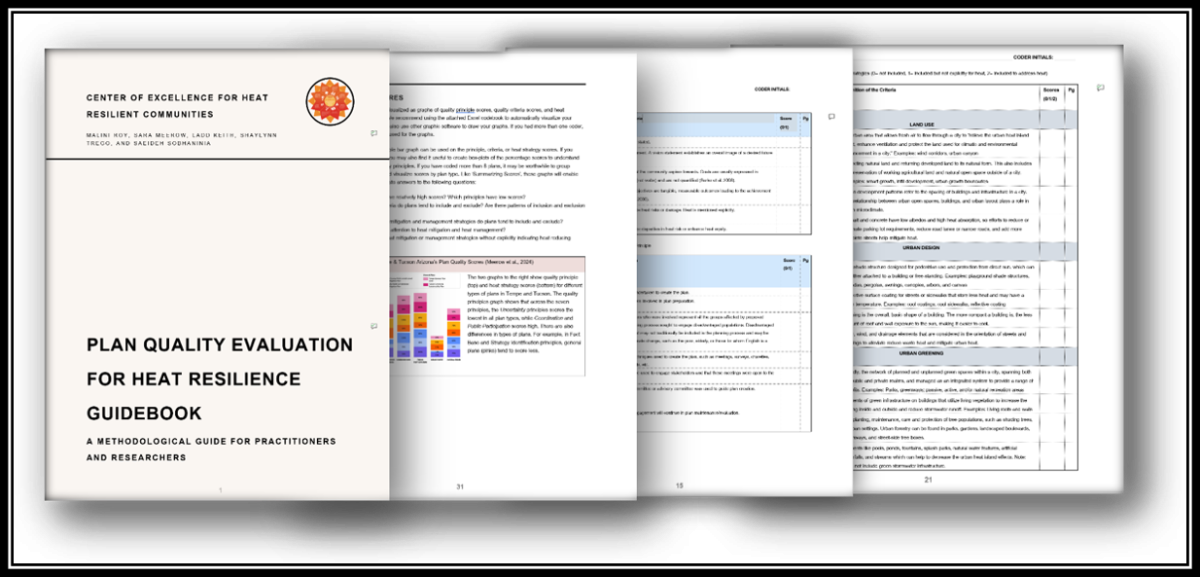
2025 Discovery Fellows and HeatMappers
The SW-IFL project engages students and provides them with high-quality, relevant knowledge capable of spurring and guiding responses to environmental concerns through the Discovery Fellows and HeatMappers programs for 2025. Discovery Fellows are composed of community fellows that will start in spring 2025 and focus on embedded support to observations and research with NAU's Hestia Lab, Brookhaven National Lab, and UofA Home Thermal Security project. In summer 2025 undergraduate students will begin their HeatMappers research activities, that include a common theme of science communication, and will focus on observations, modeling and resilient solutions at the Flagstaff, Phoenix, Mesa, and Tucson sites.
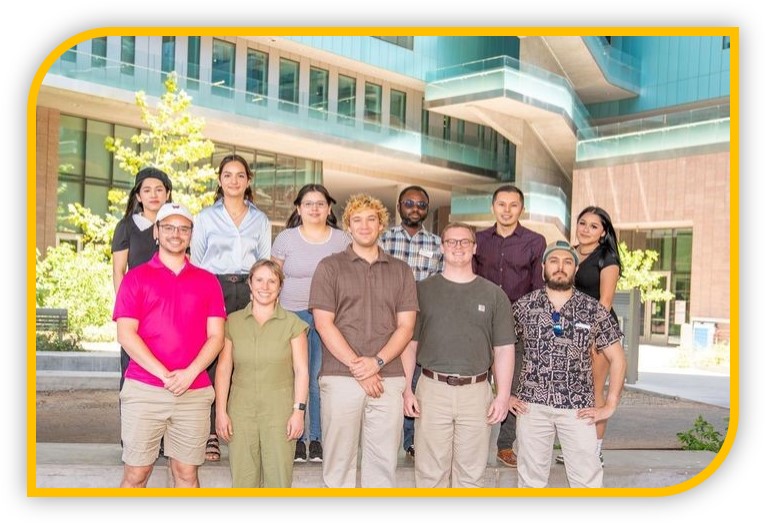
Cleaning the Air with Red Rock Elementary
Students at Red Rock Elementary and their teacher Tiffany Massie share the huge benefits they experienced from using Corsi-Rosenthal Boxes to clean the air in their classrooms. They highlight how frequent illness and poor air quality posed major problems and how removing harmful particles from their air boosted health and their ability to learn.
Air cleaner supplies provided by the Corsi-Rosenthal Foundation. Video created by Kate Duva O'Rourke from Pro Social Power.
You can Learn more at:
K-12 Education - Arizona Project WET
Red Rock ElemenThe Arizona Project WET water education programs aims to improve science education across Arizona through curriculum design, teacher training workshops, and education events for K-12 students. This project partnered with SW-IFL to develop science curriculum that incorporates content on heat and air quality that have been taught during 16 Arizona Water Festivals. Participation numbers to date include:
96 elementary schools
7,032 students
281 teachers taught content
113 teachers attended training workshops
464 participating volunteers
